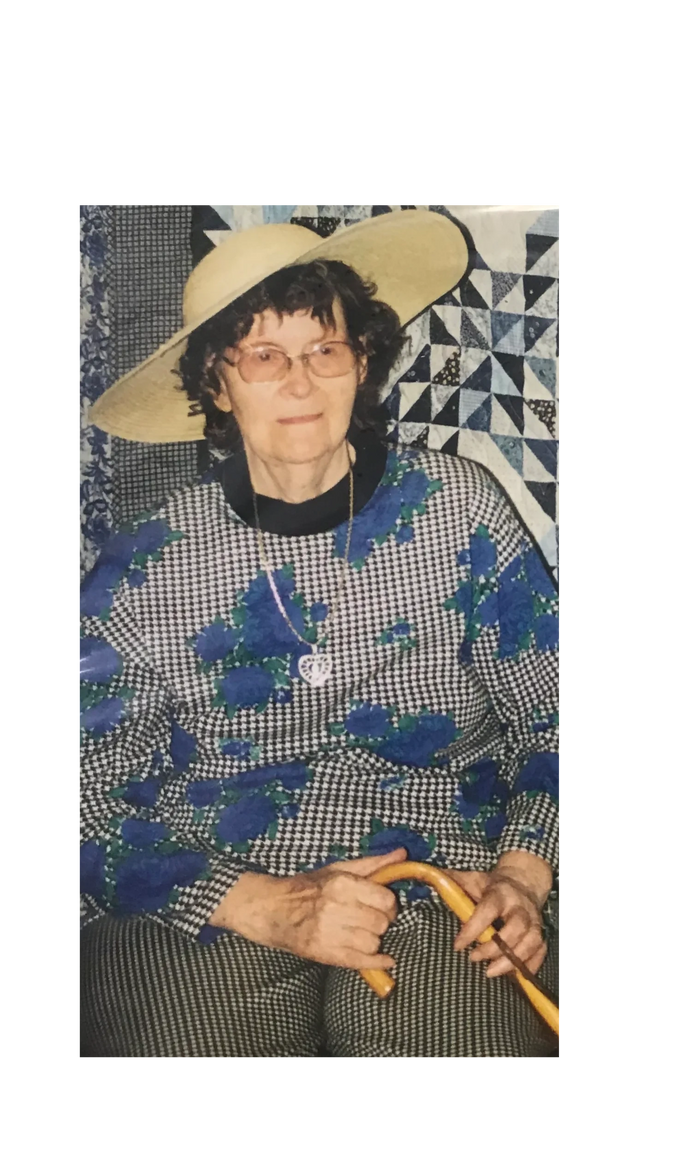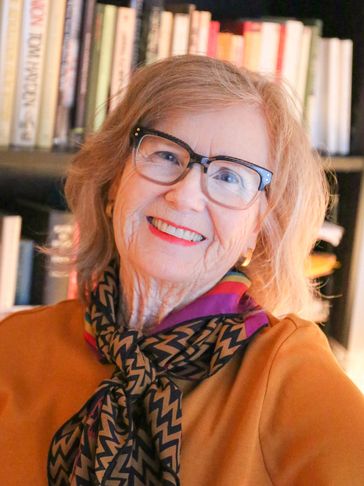

California's Okie Poet

The Poet
THE BIOGRAPHER
The Poet
In humble rooms, on scavenged paper, writing sparse lean verse with black felt tip pens, Wilma Elizabeth McDaniel revealed the true soul and dignity of a people dispossessed. Fleeing starvation in Oklahoma, she came to California with her family in 1936 with dreams of new start in a golden land of orange orchards and grape vineyards.
A sel
In humble rooms, on scavenged paper, writing sparse lean verse with black felt tip pens, Wilma Elizabeth McDaniel revealed the true soul and dignity of a people dispossessed. Fleeing starvation in Oklahoma, she came to California with her family in 1936 with dreams of new start in a golden land of orange orchards and grape vineyards.
A self-proclaimed recluse, she felt compelled to reveal the wonder of the world to those who might otherwise miss it. The unvarnished language spoken by the true characters she used to speak her words, helped revive the damaged spirit of the Dust Bowl refugees and their progeny. Her work resonates with working class strivers of all ethnicities and other hard luck migrants.
She began writing poetry at the age of eight but her work was not regularly published until the 1970s when she was in her mid-fifties. She was named the Poet Laureate of Tulare in 1975.

THE BOOK
THE BIOGRAPHER
The Poet
This biography traces Wilma’s life from her birth in the Oklahoma hills during the 1918 Spanish Flu pandemic to her last years spent as a beloved poet in her adopted home in California's San Joaquin Valley. It is a hybrid biography/memoir given the almost familial relationship between the poet and the biographer.
This story follows Wilma
This biography traces Wilma’s life from her birth in the Oklahoma hills during the 1918 Spanish Flu pandemic to her last years spent as a beloved poet in her adopted home in California's San Joaquin Valley. It is a hybrid biography/memoir given the almost familial relationship between the poet and the biographer.
This story follows Wilma's triumph over hard years of poverty and life-long physical ailments to actualize her dreams of a literary life. This is also the story of the community of friends and supporters she found along the way who helped her make that dream come true.
Her work attracted the attention of folks from the academic and religious worlds, as the small press movement of the 1970s provided a platform for previously marginalized voices.

THE BIOGRAPHER
THE BIOGRAPHER
THE BIOGRAPHER
Betty Blanks was born and raised in the San Joaquin Valley. She studied journalism at UCLA and eventually earned a BA at Tulane University and a law degree from Loyola University in New Orleans. She practiced law in Visalia, California for over thirty years.
Her relationship with Wilma during the last 14 years of the poet's life was deepl
Betty Blanks was born and raised in the San Joaquin Valley. She studied journalism at UCLA and eventually earned a BA at Tulane University and a law degree from Loyola University in New Orleans. She practiced law in Visalia, California for over thirty years.
Her relationship with Wilma during the last 14 years of the poet's life was deeply personal. Blanks' parents also relocated during the Great Migration that brought Wilma to California, and she shared a history, a heritage, and a culture with Wilma. Their family histories were so similar that sometimes the narrative morphs into memoir as she recalls memories from her own family which amplify Wilma's story.
After retiring from her law practice, she was encouraged by others close to Wilma to tell her story. She hopes new readers will find the same inspiration that she found in Wilma's writing.
This is her first published work.
a brief introduction to wilma
In this 16 minute video made by the students at Redwood High School in Visalia, California, the biographer, Betty Blanks, and fellow "daughters" of Wilma Elizabeth McDaniel, Lillian Vallee and Trudy Wischemann, discuss the woman and her work. In 2013, Wilma was honored with a Literary Landmark by the Friends of Libraries in Stroud, Oklahoma. Johnathan Waltmire, of the Tulare County Library, explains how Wilma became the first woman to receive a Literary Landmark in California in 2019.
This website uses cookies.
We use cookies to analyze website traffic and optimize your website experience. By accepting our use of cookies, your data will be aggregated with all other user data.